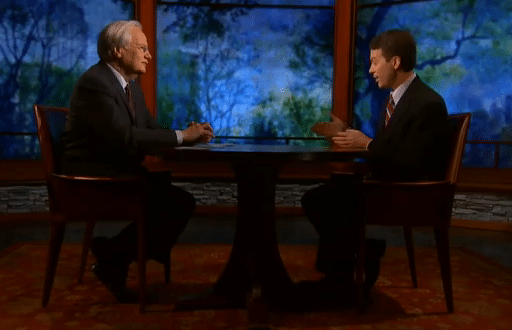When it comes to climate change, Yale’s Anthony Leiserowitz says, “you almost couldn’t design a problem that is a worse fit with our underlying psychology”; an insight that is all too apparent.
In spite of the dramatic increase in extreme weather events and growing scientific concern, climate change is seldom mentioned by politicians, business leaders or the news media in Canada and the US. While public concern is on the rise, public pressure to fix the problem is flagging.
In this recent interview, Bill Moyers asks Leiserowitz to explain the state of public opinion surrounding climate change and what might be done to improve climate change communications.
Subscribe to our newsletter
Stay up to date with DeSmog news and alerts







